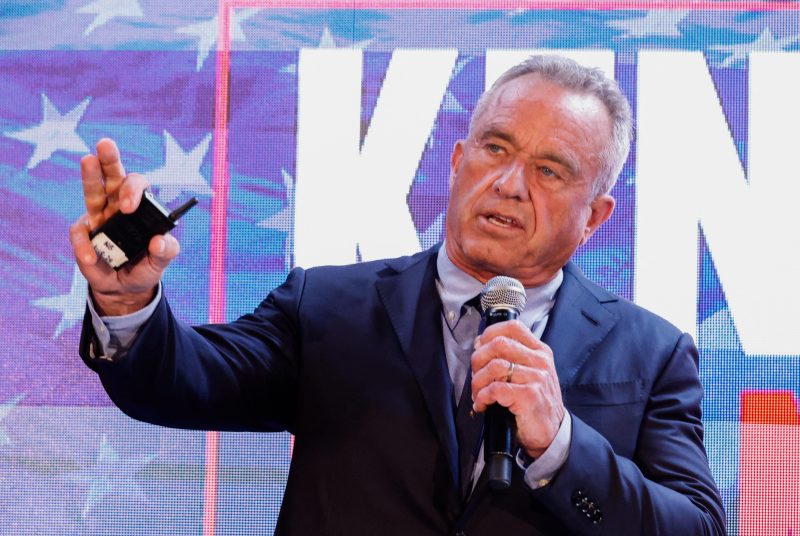In a recent article published on godzillanewz.com, Robert F. Kennedy Jr.’s interpretation of Russia’s invasion of Ukraine has been scrutinized for its factual accuracy. Kennedy’s recount of historical events and his analysis of the situation have been called into question by experts and historians alike. Let’s delve into some of the key points presented in the article and examine the validity of Kennedy’s claims.
One of the central issues raised in Kennedy’s narrative is his assertion that NATO expansion played a significant role in provoking Russia’s aggression towards Ukraine. While it is true that NATO expansion has been a point of contention in geopolitics, attributing Russia’s military actions solely to this factor oversimplifies a complex situation. Russia’s invasion of Ukraine has deep historical roots and geopolitical motivations that extend beyond concerns over NATO expansion.
Kennedy also appears to misrepresent the sequence of events leading up to the conflict, suggesting that Russian aggression was a direct response to NATO’s actions. In reality, Russia’s annexation of Crimea in 2014 was met with widespread condemnation from the international community, as it violated Ukraine’s sovereignty and territorial integrity. The conflict in eastern Ukraine, which followed the annexation, has been characterized by ongoing violations of human rights and international law.
Furthermore, Kennedy’s comparison of Russia’s actions in Ukraine to NATO’s intervention in Kosovo raises questions about his understanding of international law and the principles of sovereignty. While NATO’s intervention in Kosovo was controversial and debated within the international community, it was conducted with the aim of preventing genocide and atrocities against civilians. In contrast, Russia’s actions in Ukraine have been condemned for their violation of Ukraine’s sovereignty and the human rights of its citizens.
Kennedy’s framing of the conflict in Ukraine as a clash of civilizations between the West and Russia overlooks the diverse interests and identities of the Ukrainian people. Ukraine’s struggle for independence and democratic governance is deeply rooted in its history and the aspirations of its citizens. By reducing the conflict to a simplistic East-West divide, Kennedy fails to capture the nuances and complexities of the situation on the ground.
In conclusion, Robert F. Kennedy Jr.’s analysis of Russia’s invasion of Ukraine falls short in accurately portraying the historical context and complexities of the conflict. By oversimplifying the factors at play and misrepresenting key events, his narrative lacks the depth and nuance required to understand the situation fully. As the conflict in Ukraine continues to unfold, it is essential to seek out diverse perspectives and reliable sources of information to gain a comprehensive understanding of the crisis.

